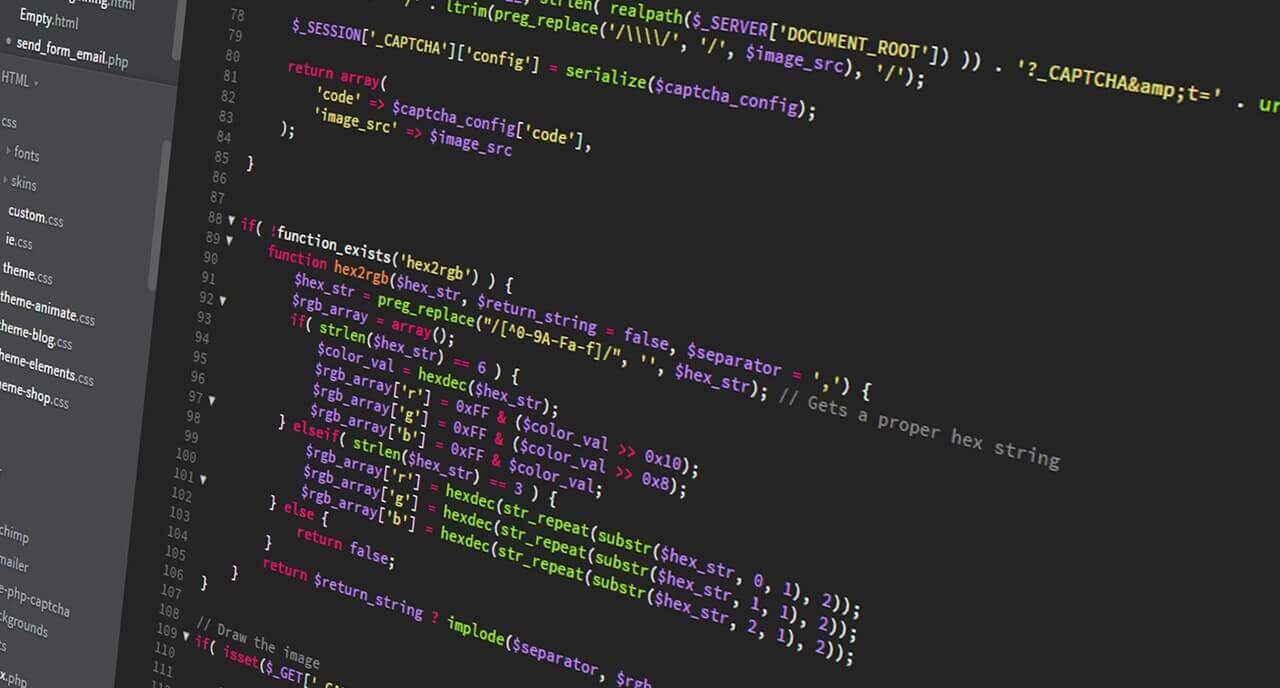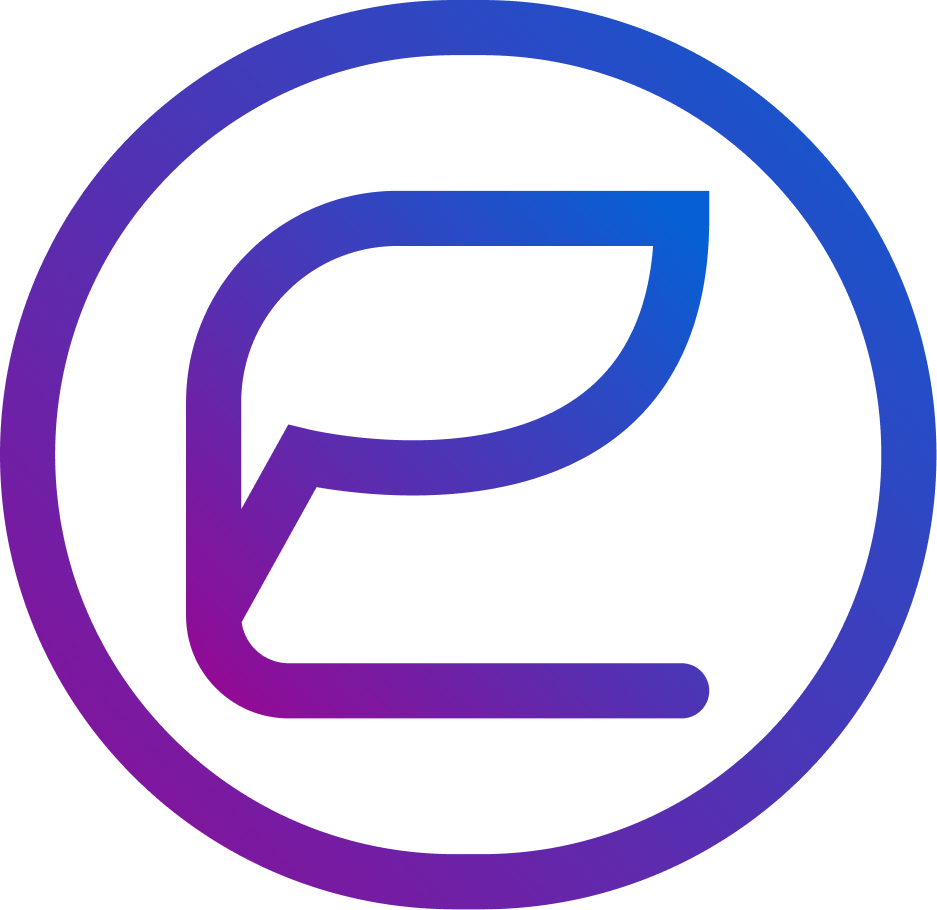The launch of bitcoins in 2008 changed the cause of the world in multiple ways. It diverted it into e-currencies and gave birth to multiple innovations.
One of the top innovations that it brought forward is blockchain. The technology was proposed almost two decades ago in 1982 but was first implemented in bitcoins. And soon, it became the base of secure networks.
It’s presently used for finance apps, banking facilities, Stablecoins, smart contracts, trading, supply chain, and even healthcare.
And you can easily integrate this technology into your business or application using open-source blockchain platforms. This article will introduce you to these platforms and also list the top options that you can use.
What is an Open Source Blockchain Platform?
In its initial stage, blockchain technology was very specific to financial sectors. Its most frequent use was for cryptocurrencies and banking systems. But, as this technology progresses, so did its usage.
Soon it was the first preference for anyone looking for a secure networking channel. Most companies started looking into it and developing software for blockchain. And while some companies need payment or have authority over the software, many provide them for free. The free versions are what you call open-source blocking platforms.
These platforms do not charge anything and are available for anyone to use them. The open-source blockchain platforms also offer complete freedom to their users. There is no centralization which means no central authority to control the software.
In simpler words, open-source blockchain offers you the security of blockchain technology without anyone controlling the network. It’s like a democratic system where everyone holds power and no one owns it all.
The power dividing of the platform makes the network much secure and less prone to fraud. Decentralization also enhances the transaction speed as you don’t need any approval for them. The network uses previous transactions and recorded ledgers for authentication.
Why Prefer Open-Source Blockchain Platforms?
The open-source blockchain platform is preferable for several reasons. The biggest of them being the control that comes with these platforms. Here’s what makes them a good choice.
Decentralization: The part of decentralization is unique and often comes with doubts. Many people believe that non-centralization means less stability, but it’s not true. The system does have criteria and security. It’s just that no person or firm wields this power. Every user has an equal say and right in the network.
And due to this mechanism, no one can read, write or edit the data without your permission. Moreover, since the data is not in a single system, it’s hard to hack the network. Even if someone gets into it, the damage stays contained.
Thus, it has much better stability and security than a centralized platform.
Risk Reduction: The level of privacy that you get with an open-source blockchain platform is unmatched. The network ensures that everything in the network remains clear without compromising your identity. The platform masks your data and stores it using an identification number. It means when you send or receive funds, the other person will not see your name or any other data. It’s just your transaction id number.
Immutability: The open-source uses the same containment type storage mechanism as the standard blockchain. Every transaction or data block that you save get burned in a box and attached into the chain. You can always add data, but the existing blocks are non-temperable. It also offers cryptographic hashing, which further adds to the security. It enables the blockchain to input strings of any length and converts them to fix length output.
Efficiency: The biggest perk of decentralized open-source blockchain is the reliability and speed that comes with it. Unlike the centralized system, you don’t need anyone’s permission for any transaction. The cryptographic algorithms of the system will take care of that part instead. They will check your history, account details and authenticate the transactions.
Top Open Source Blockchain Platforms
The demand for open-source blockchain is very high. There is no way that one particular company can keep up with the demand. And there is no way a single company is taking advantage of the business that comes with it.
Thus, you will find more than enough open-source blockchain platforms in the market. The following are the top on the list.
Ethereum
To anyone with the slightest idea of cryptocurrency and blockchain, the name Ethereum is not that unknown. The popular cryptocurrency Ether runs on top of Ethereum, and almost everyone knows how they are performing. The tokens are the second most used cryptocurrency right after bitcoins. Thus, without a doubt, Ethereum is doing something right, which makes it a great option.
The platform can offer you top-notch security features, decent scalability, and very reliable performance. Not to mention, high level of integrity and flexibility. Its Proof-of-Work based architecture makes sure of it all.
Another good thing about Ethereum is its runtime environment. The platform uses a custom Ethereum virtual machine to run every node within its network.
Ethereum also provides you with a large online community to help you with development purposes. But, it does have a small catch, the payment method. You have to rely on its native currency or Ether for payments.
Ripple
Discovered in 2012, Ripple has come forth as one of the best choices for large-sized businesses that need blockchain technology. Multiple banks and financial institutes are implementing the platform due to its transactional features. In fact, the platform is best known due to its cross-national transaction capabilities.
Ripple uses its own currency XRP for every transaction, and this currency holds the same popularity as Ether or the bitcoins. Over 100 customers, including the brands like Santander, American Express, and MoneyGram International, are testing the platform for its performance. So far, it has exhibited excellent scalability and a much better speed than most switch platforms.
Another thing that makes Ripple unique is that the platform doesn’t use smart contracts. Rather, Ripple depends on probabilistic voting to establish consensus between different nodes. The model is different, but it provides excellent security and privacy for its users. It also enhances the performance of the platform.
Hyperledger
The Linux Foundation, in collaboration with some companies, including IBM, Intel, and Sap, started Hyperledger in around 2015. The project’s main goal was a cross-industrial collaboration with the help of advanced blockchain and ledger technology.
This open-source blockchain platform is one of the few that offer both decentralized hosting and application storage with smart contract capabilities. It’s also capable of integrating your preferred components, including membership services and consensus.
And the project has two different platform choices for all its users. You can go for either Hyperledger Fabric or Hyperledger Sawtooth. Both of them are equally powerful options and offer the same security level.
Although, you might need to consider the permission level for selecting the version. Hyperledger Sawtooth allows both permissioned and non-permissioned blockchain, while Fabric sticks with permissioned only. Sawtooth is also better in terms of consensus algorithm choices.
Moreover, the Hyperledger project has also recently released the Sawtooth version 1.1, which is advanced and offers more benefits than the original framework. The newer version also has WebAssembly supporting smart contracts and a much better consensus interface.
Corda
Corda is a next-generation blockchain technology founded by the trinity of LAB557, DASK, and BCB group. The R3 platform allows its users to create a secure payment model. It offers strict privacy with smart contracts and a permissible environment to its users. In simpler words, the platform allows direct contract-based transactions, which means no costly frictions.
The platform is also known for its flexibility. While it does not have its own currency, the platform enables great integration and agility. Corda is also scalable and also has the cross-industry capability. This makes Corda an excellent choice for a wide range of commercial usage.
The blockchain is currently a part of various healthcare, trade, finance, supply chains, and government applications. Even well-established firms like Microsoft and Intel are using this platform.
EOS
EOS is a relatively new edition to the long list of open-source blockchain platforms. The platform came to light around 2018 but has gained an immense market appearance in a very short time. The simplest reason for this is that the company Block.One developed it specifically for decentralized apps.
The parent company took full advantage of the existing open-source platform and the issues related to it. They used it to solve tons of problems and advance their platform. Thus, you can expect EOS to be reliable, high-performing, and very secure.
And while the platform offers both decentralized ghosting and storage like many, it is very low on cost. The parent company has completely eliminated fees users have to pay for using it.
EOS has also solved the scalability issues that you experience in bitcoins and Ethereum. Its multi-threading structure and proof-of-stake algorithm is another big benefit. Block.One has even created a community forum by the name EOS forum for developers and investors.
Summary
Blockchain technology is on the rise, and it gets innovated every now and then. It’s possible that by the time you read this article, some companies have already developed more open-source platforms.
However, for now, the platforms you read above are on the top. They are used, tested, and trusted. So, if you are planning to integrate blockchain in your firm, consider these options.


